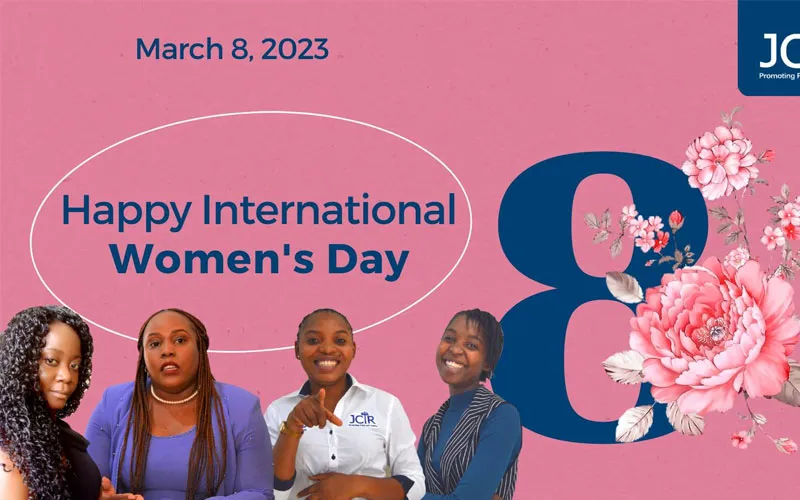Lusaka, 08 March, 2023 / 9:00 pm (ACI Africa).
Women and girls in the Southern African nation of Zambia suffer the most from the rising cost of living in the country, officials of the Jesuit Centre for Theological Reflection (JCTR) have said.
In a statement issued ahead of the annual International Women’s Day (IWD) marked on March 8, officials of the Zambia-based research, education, and advocacy Jesuit institution call on the government to introduce policies that will cushion vulnerable persons, including women and children, from the tough economic times.
“JCTR remains concerned about the high cost of living. Women and girls continue to bear the brunt of the impact of the rising cost of living,” they say in their statement dated Tuesday, March 7, the eve of the IWD 2023, driven by #EmbraceEquity campaign theme aimed at getting “the world talking about Why equal opportunities aren’t enough”.
Women and girls in Zambia, the Lusaka-based Jesuit scholars lament, “continue to face high levels of poverty and several obstacles that limit their development and ability to withstand current crises such as climate change, COVID-19, public debt and, in this case, high living costs.”
They add that the “financial and insurance exclusion are among the most pressing challenges that women face.”








